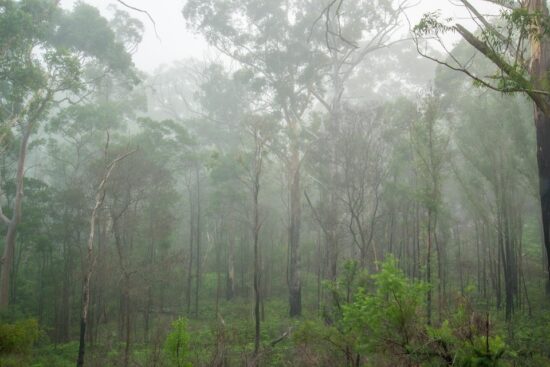Amazon deforestation enriches antibiotic resistance genes
The expansion of livestock production and agriculture is responsible for the increase of deforestation rates in the Amazon rainforest, with consequences to climate and micro and macro biodiversity. Although many studies have evaluated the effects of deforestation on the microbiome, its effect on the soil resistome remains unknown. Considering that antibiotic resistance genes (ARGs) are a threat to global health and food security, here we evaluated how land-use change in the Amazon region impacts the soil resistome. Our analysis revealed that several antibiotic resistance mechanisms and genes are common to both the native forest and the altered areas; however, deforestation and subsequent conversion to other land-use systems increased the diversity and abundance of these genes.
AMR NEWS
Your Biweekly Source for Global AMR Insights!
Stay informed with the essential newsletter that brings together all the latest One Health news on antimicrobial resistance. Delivered straight to your inbox every two weeks, AMR NEWS provides a curated selection of international insights, key publications, and the latest updates in the fight against AMR.
Don’t miss out on staying ahead in the global AMR movement—subscribe now!







